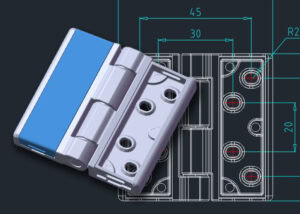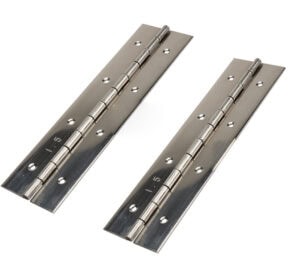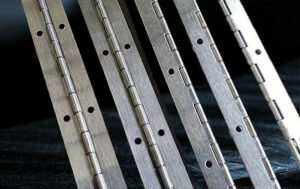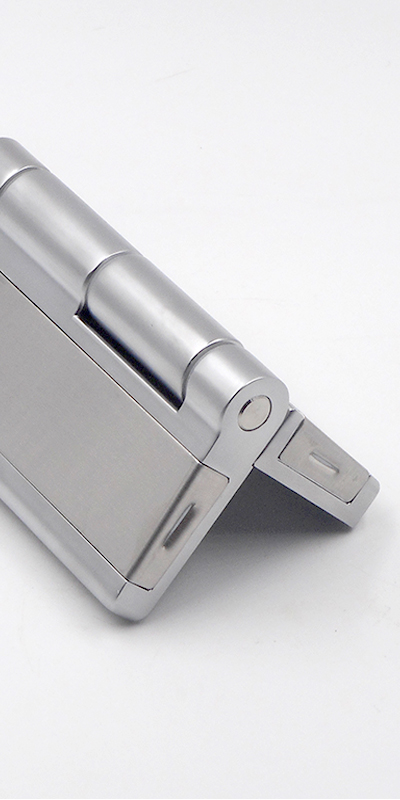Pool gate hinges play a crucial role in ensuring safety. Selecting the wrong hinges can create unsafe conditions, potentially leading to accidents. Opting for the right self-closing pool gate hinges is essential for maintaining both security and functionality.
Pool gate hinges are specially designed components that enable pool gates to self-close and self-latch, providing safety and ease of use. Let’s take a closer look at pool gate hinges, exploring their features and offering guidance on how to select the right ones for your specific needs.
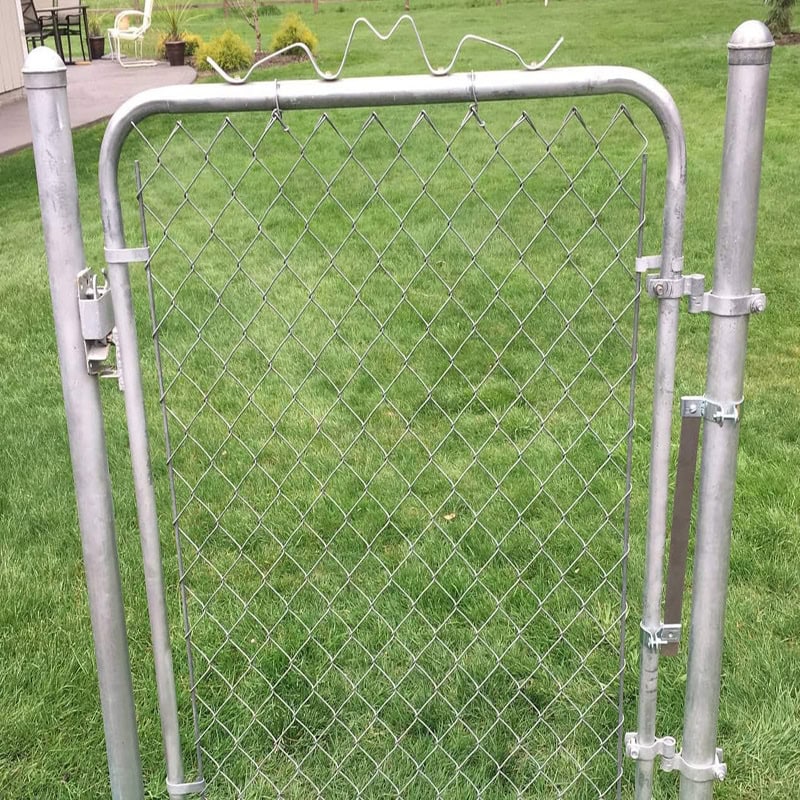
What are Pool Gate Hinges?
Pool gate hinges are vital components for any pool gate, designed to automatically close the gate after each use. Many of these hinges come equipped with self-closing mechanisms, which ensure that the gate shuts securely, even if it’s inadvertently left open. This functionality is crucial for maintaining pool safety, particularly in environments where children or pets are present. By automatically closing the gate, these hinges help prevent unauthorized access or accidental entry into pool areas.
Beyond their self-closing features, pool gate hinges are usually constructed from corrosion-resistant materials like stainless steel or heavy-duty plastic, making them well-suited for outdoor conditions. Many models also offer adjustable tension, allowing you to customize the closing speed of the gate to ensure it shuts smoothly without slamming. This not only extends the lifespan of the hinges but also enhances the stability of the gate itself.
What are the Features of Pool Gate Hinges?
The standout feature of pool gate hinges is their self-closing mechanism, which guarantees that gates automatically close after each use. This is crucial for ensuring safety in pool areas. Many hinges come with adjustable tension settings, enabling users to control the speed at which the gate closes. This capability is especially beneficial in preventing the gate from slamming shut, which can lead to wear and tear over time.
Another important feature of pool gate hinges is their durability. They are generally made from rust-resistant materials such as stainless steel, zinc-coated metal, or UV-stabilized plastic, which shield them from the harsh outdoor elements. These hinges are engineered to endure continuous exposure to water, sunlight, and various weather conditions without deteriorating. Additionally, some self-closing gate hinges are designed for heavy-duty applications, making them perfect for chain link fences surrounding larger pool areas.
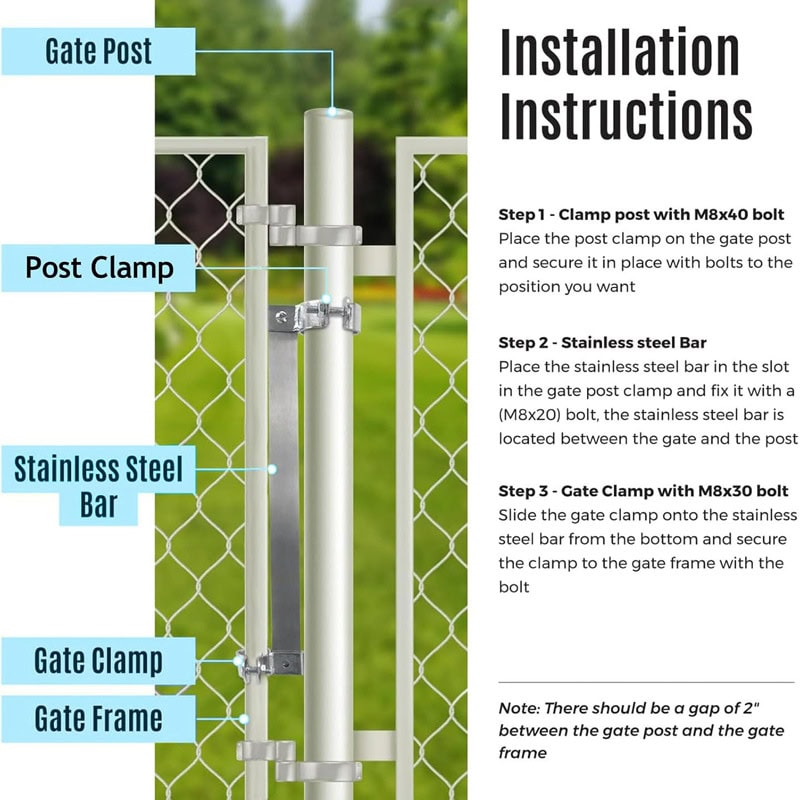
What are the Differences Between Pool Gate Hinges and Regular Hinges?
One significant distinction between pool gate hinges and standard door hinges is the integrated self-closing mechanism. Unlike regular hinges, which do not automatically close the door, this feature is essential for pool gates. A pool gate that remains open can create a serious safety risk, particularly for children or pets, making the self-closing functionality vital for maintaining a secure environment.
Another key difference lies in the materials used for construction. Pool gate hinges are generally made from corrosion-resistant materials designed to endure moisture and extreme weather conditions, whereas regular hinges may rust or deteriorate when exposed to such elements. Furthermore, pool gate hinges often feature adjustable tension settings, allowing users to control the closing speed of the gate—a functionality that is rarely available in standard hinges.
How to Choose the Right Pool Gate Hinges?
Selecting the right pool gate hinges involves assessing your specific needs and the environment in which the gate will be installed. First and foremost, make sure the hinges are self-closing, as this feature is essential for pool safety. Opt for self-closing pool gate hinges that offer adjustable tension, enabling you to customize the closing speed to suit your preferences. This is especially beneficial if you have children, as a slower closing speed can help prevent the gate from slamming shut and potentially causing injury.
Next, take the material into account. Choose hinges made from heavy-duty stainless steel or UV-stabilized plastic to guarantee durability in outdoor environments. If your pool is surrounded by a chain-link fence, make sure to select self-closing gate hinges specifically designed for chain link fences to ensure a proper fit. Additionally, always verify that the hinges comply with local safety standards for pool gates, as using improper hardware can lead to safety violations and increased liability.
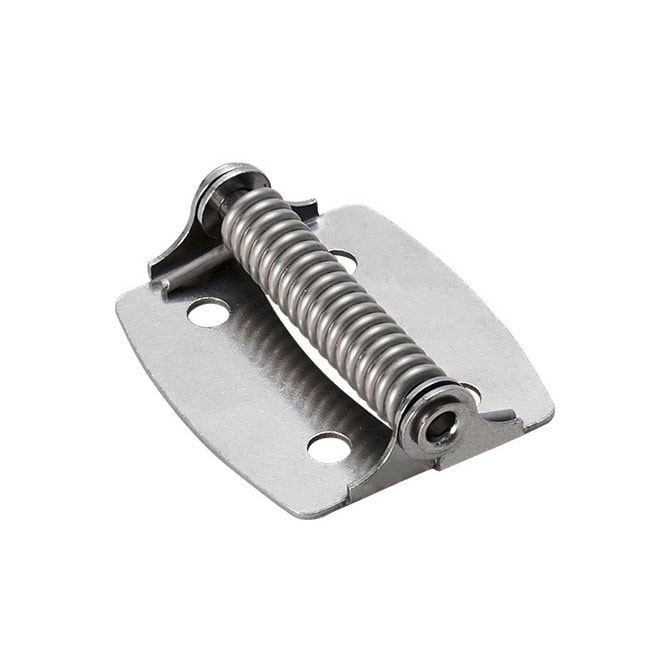
How to Replace Damaged Old Hinges?
Replacing damaged pool gate hinges is a straightforward process if you follow the correct steps. Begin by removing the old hinges using a screwdriver or power drill. Ensure that the gate is adequately supported to prevent it from falling when the hinges are taken off. Carefully unscrew the screws and detach the hinge from both the gate and the post.
Once the old hinges are removed, align the new self-closing gate hinges in the same position as the old ones. Attach the hinges using the screws provided, making sure they are securely fastened. It’s a good idea to consult the installation instructions from the manufacturer to ensure everything is done correctly. After the installation, test the gate’s movement to ensure it opens and closes smoothly, and adjust the tension if needed to achieve the desired closing speed.
How to Maintain Them on a Regular Basis?
Regular maintenance of pool gate hinges is essential for ensuring their proper function and longevity. Begin by cleaning the hinges periodically to remove any dirt or debris that may have built up. A mild detergent mixed with water works well for this task; just be sure to dry the hinges thoroughly afterward to prevent rust or corrosion. Additionally, inspect the hinges for any signs of wear or damage and lubricate the moving parts as needed to maintain smooth operation.
Next, regularly check the hinge tension and adjust it as needed. Most gate hinge adjustment mechanisms are designed to be straightforward, allowing you to modify the closing speed to fit your preferences. Every few months, apply a silicone-based lubricant to the moving parts of the hinges to ensure they operate smoothly. Finally, inspect the hinges for any signs of wear or damage, and replace them immediately if you notice rust, corrosion, or any mechanical failure. Keeping up with these maintenance tasks will help ensure the safety and functionality of your pool gate.
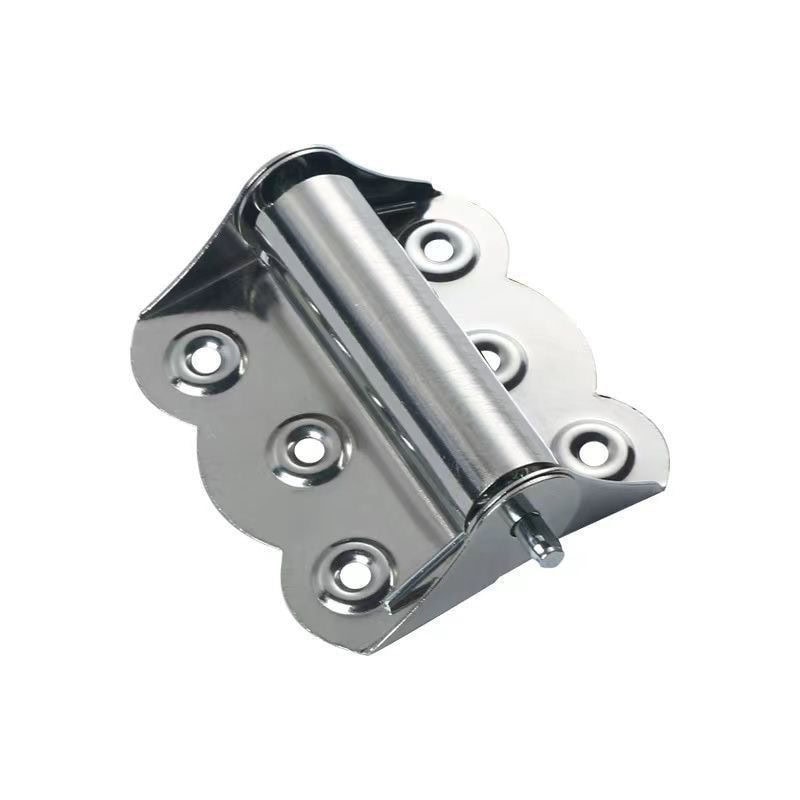
conclusions
Selecting the right pool gate hinges is vital for ensuring safety. This decision necessitates careful consideration of factors such as material, durability, and self-closing functionality. By prioritizing these aspects, you can help create a secure environment around your pool, reducing the risk of accidents and enhancing overall safety.

